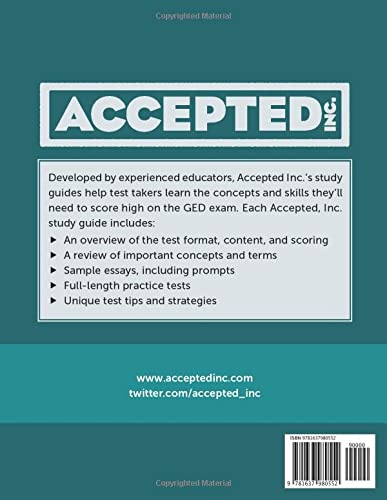War, Progress, and the End of History: Three Conversations: Including a Short Tale of the Antichrist (Esalen-Lindisfarne Library of Russian Philosophy)
₱1,811.00
Product Description
In this prophetic, millennial work, written by Russia’s greatest philosopher at the end of the last century, the great task facing humanity as progress races to end history is the resistance to evil. Solovyov addresses what seem to him the three main trends of our time: economic materialism, Tolstoyan abstract moralism, and Nietzschean hubris–the first is already present, the second imminent, while the last is the apocalyptic precursor of the Antichrist.
C O N T E N T S:
Introduction by Czeslaw MiloszAuthor’s Preface
First ConversationSecond ConversationThird ConversationA Short Story of the Anti-Christ
Afterword by Stephan A. Hoeller
About the Author
Vladimir Solovyov (1853-1900), one of the greatest philosophers of the nineteenth century, was the founder of a tradition of Russian spirituality that brought together philosophy, mysticism, and theology with a powerful social message. A close friend of Dostoevsky, a Platonist, and a gnostic visionary, Solovyov was a prophet, having been granted three visions of Sophia, Divine Wisdom. He was also a poet and a profoundly Christian metaphysicist. His most important works include
Lectures on Divine Humanity; The Justification of the Good; and
War, Progress, and the End of History.
Czesław Miłosz (1911–2004) was a Polish-American poet, prose writer, translator, and diplomat. Regarded as one of the great poets of the twentieth century, he won the 1980 Nobel Prize in Literature. Miłosz survived the German occupation of Warsaw during World War II and became a cultural attaché for the Polish government during the post-war period. When communist authorities threatened his safety, he defected to France and ultimately chose exile in the United States, where he became a professor at the University of California at Berkeley. His poetry—particularly about his wartime experience—and his appraisal of Stalinism in a prose book, The Captive Mind, brought him renown as a leading émigré artist and intellectual. Throughout his life and work, Miłosz tackled questions of morality, politics, history, and faith. As a translator, he introduced Western works to a Polish audience, and as a scholar and editor, he championed a greater awareness of Slavic literature in the West. Faith played a role in his work as he explored his Catholicism and personal experience. Miłosz died in Kraków, Poland, in 2004. He is interred in Skałka, a church that is known in Poland as a place of honor for distinguished Poles.
Stephan A. Hoeller, born in Hungary, speaks regularly at the Los Angeles Gnostic Society on Western inner traditions, with emphasis on Jungian psychology and Gnostic wisdom. He is the author of The Gnostic Jung and the Seven Sermons to the Dead and Jung and the Lost Gospels: Insights into the Dead Sea Scrolls and the Nag Hammadi Library.
Thomas R. Beyer Jr. was born in 1947 in Brooklyn, New York, where he attended Xaverian HS. He is a graduate of Georgetown University (1969) and the University of Kansas (1974). For the past thirty-five years he has been a Professor of Russian at Middlebury College in Vermont. He is the author of more than a dozen books for learning Russian and several translations of the Russian novelist Andrei Bely. Considered an expert on Russian writers in Germany and the United States, Professor Beyer has lectured extensively in Russia, Germany, and the United States. For the past few years he has offered seminars on the works of Dan Brown, designed to permit students and readers separate fact from fiction.

₱1,811.00









